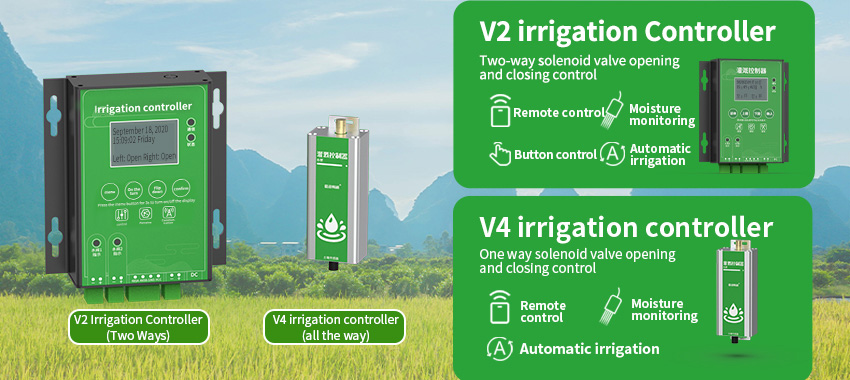Understanding Irrigation Controller

With the advent of smart technology, irrigation controller have emerged as powerful tools for smart water management. This article will explore the concept of smart water management through the use of advanced irrigation controllers, highlighting their benefits, features, and potential impact on water conservation.
The Role of Irrigation Controllers in Smart Water Management:
1.1 Overview of irrigation controllers
1.2 Understanding the need for smart water management in irrigation
1.3 How smart irrigation controllers contribute to water conservation
1.4 Benefits of smart water management in irrigation
Features of Smart Irrigation Controllers:

2.1 Weather-based irrigation scheduling
2.2 Soil moisture sensing and monitoring
2.3 Wireless connectivity and remote control functionality
2.4 Integration with other smart technologies
2.5 Advanced data analytics for optimized water usage
Benefits of Smart Water Management with Irrigation Controllers:

3.1 Significant water savings through efficient watering schedules
3.2 Prevention of overwatering and water runoff
3.3 Improved plant health and growth
3.4 Cost savings and reduced water bills
3.5 Environmental impact and sustainability
Case Studies: Real-world Examples of Smart Water Management:
4.1 Smart irrigation controllers in agriculture and farmland irrigation
4.2 Smart irrigation in residential landscaping and gardens
4.3 Municipal and public green spaces utilizing smart water management
Challenges and Considerations:
5.1 Initial investment and cost considerations
5.2 Compatibility with existing irrigation systems
5.3 Education and training for proper usage
5.4 Maintenance and troubleshooting
Future Perspectives and Conclusion:
6.1 Growing adoption of smart irrigation controllers
6.2 Potential integration with Internet of Things (IoT) and AI technologies
6.3 Importance of policy support and incentives for smart water management
6.4 Conclusion on the significance of smart water management in irrigation
Conclusion:
Smart water management through advanced irrigation controllers plays a crucial role in conserving water resources, reducing costs, and ensuring sustainable agricultural practices. With features such as weather-based scheduling, soil moisture sensing, and remote control functionality, these controllers enable precise and efficient water usage. Through case studies and real-world examples, we have seen how smart water management can be applied across various sectors. While challenges exist, the future holds great potential for integrating smart irrigation controllers with emerging technologies to further optimize water usage and strengthen our efforts towards a more sustainable future.Ask me anything…(Shift + Enter = line break)